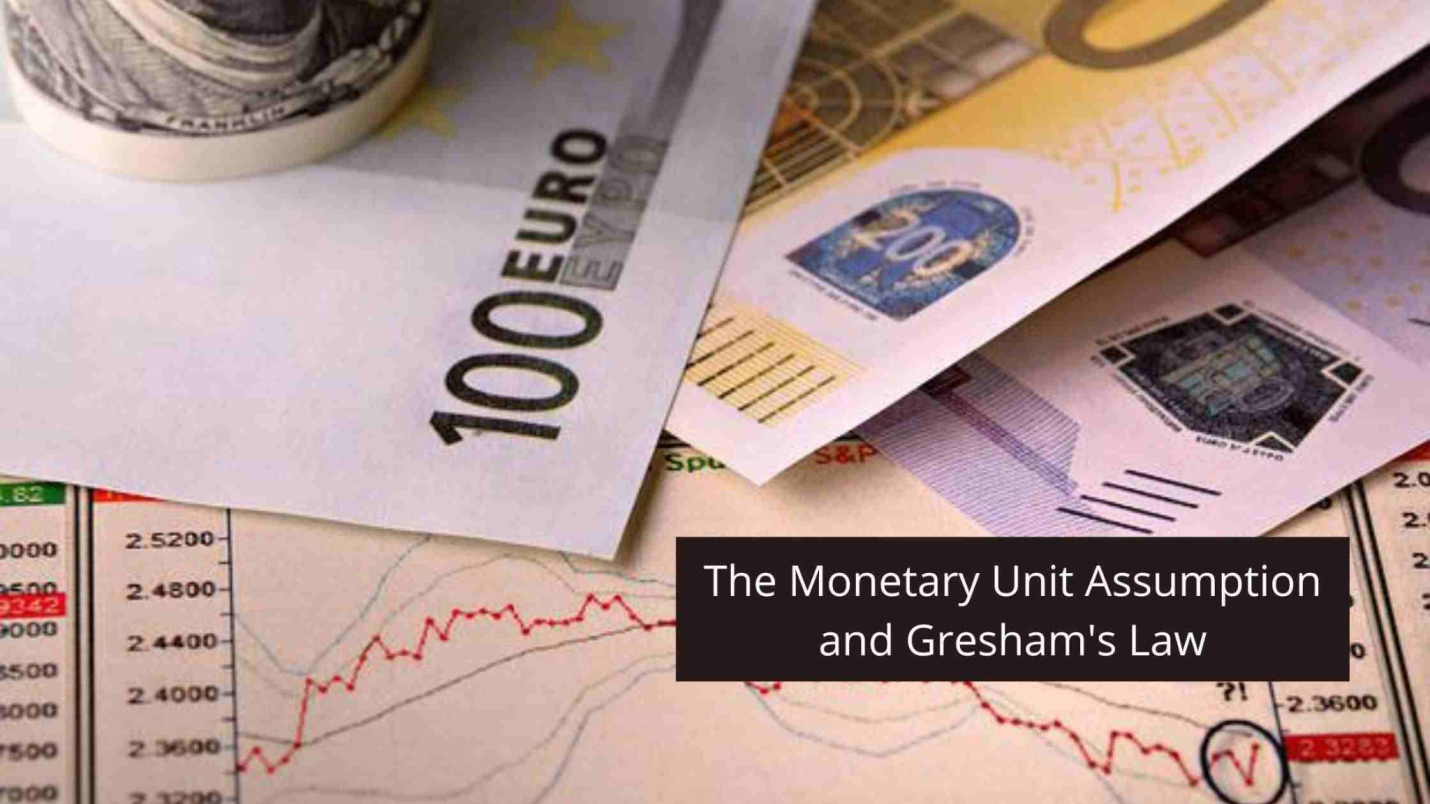Free Courses Sale ends Soon, Get It Now


Free Courses Sale ends Soon, Get It Now



Copyright infringement not intended
Picture Courtesy: www.thekeepitsimple.com
Context: Gresham’s law is in the news.
Details
Key Highlights
Summary
|
PRACTICE QUESTION Q. According to Gresham's Law, what behaviour do people exhibit when two forms of money are in circulation, one with lower intrinsic value and the other with higher intrinsic value? A. People prefer to use higher-value money for transactions. B. People prefer to use lower-value money for transactions. C. People use both forms of money interchangeably. D. People refuse to use either form of money. Answer: B Explanation: Gresham's Law suggests that when two forms of money coexist, people tend to use the money with lower intrinsic value (bad money) for transactions while hoarding the money with higher intrinsic value (good money) to preserve its worth. |
© 2024 iasgyan. All right reserved